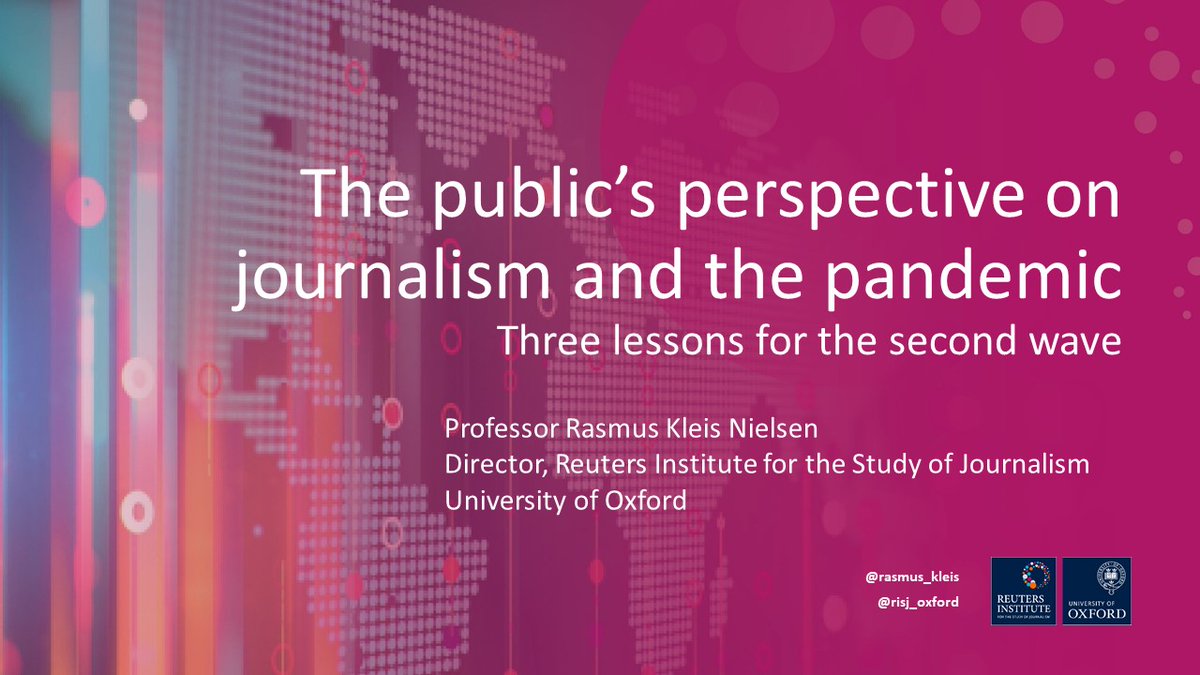
The @EU_Commission published its proposed European Democracy Action Plan yesterday.
One observation: disinformation parts are very focused on foreign interference and largely avoids recognizing domestic actors, in particular fact that misinformation often comes from the top 1/4
One observation: disinformation parts are very focused on foreign interference and largely avoids recognizing domestic actors, in particular fact that misinformation often comes from the top 1/4

Foreign interference is one important form of disinformation. But it is not the most widespread or necessarily most consequential.
HLG report stressed domestic actors, including politicians, in several places ec.europa.eu/digital-single…
It is clear few will touch this problem
2/4
HLG report stressed domestic actors, including politicians, in several places ec.europa.eu/digital-single…
It is clear few will touch this problem
2/4
We can dance arounds this all we will, but problem remain real, in EU too. Some things are clearly false, harmful, and malign. But often, what one person sees as destructive lies, others will see as political speech. Powerful actors like to avoid recognizing this complication 3/4
This was just one point on the action plan (which btw also largely skirts issue of authoritarian member states), but includes many intersting and important proposals that e.g. @markscott82 @RebekahKTromble @mathver and others have captued on ads, data, co-regulation, and more 4/4
• • •
Missing some Tweet in this thread? You can try to
force a refresh












